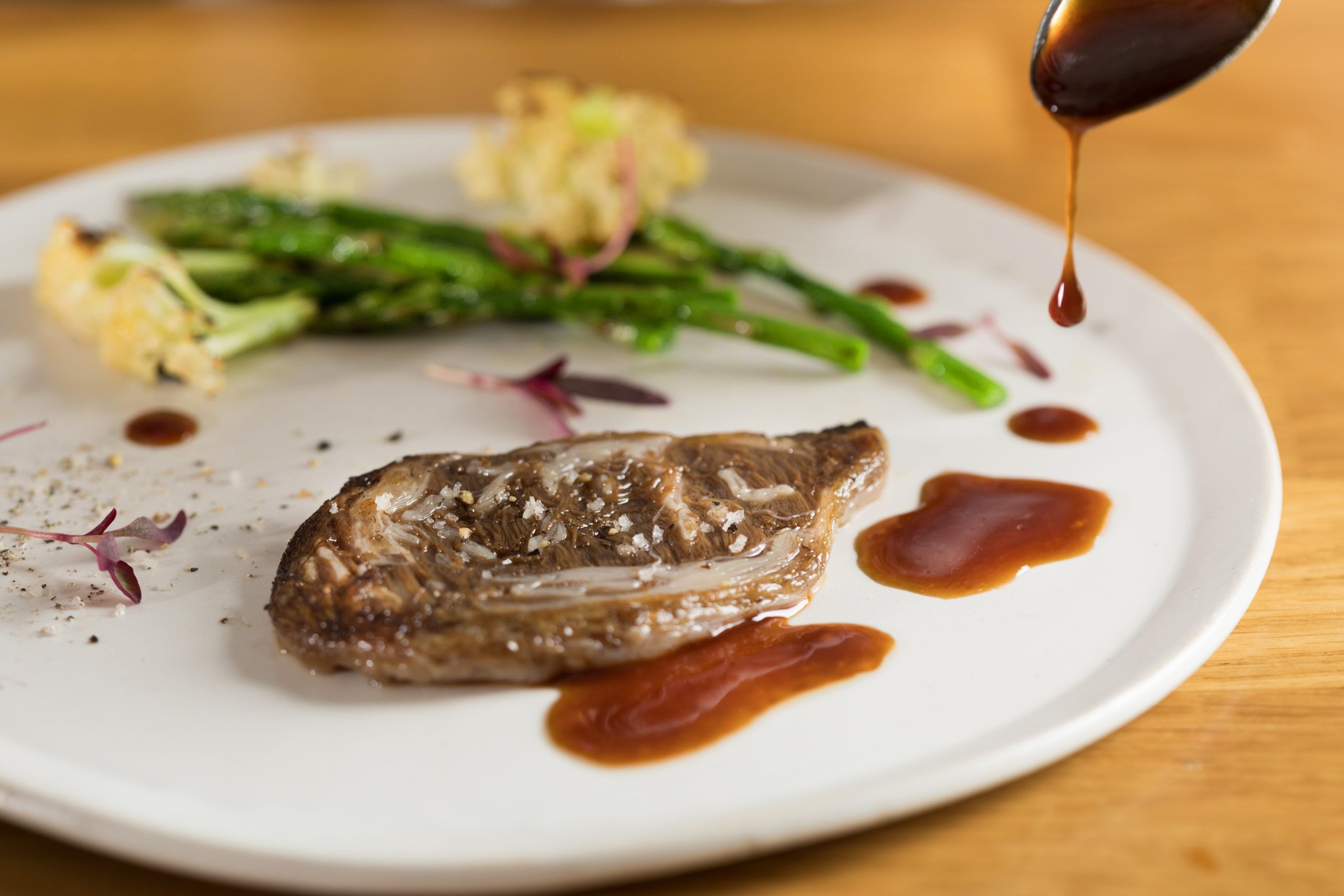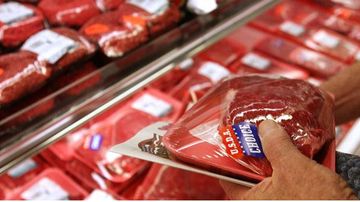Thai Union, CJ CheilJedang, VisVires New Protein join cultivated meat startup Aleph Farms’ $105m round
Source: Aleph Farms.
By Rachel Phua
July 7, 2021
Israeli cultivated meat producer Aleph Farms has bagged $105 million in its Series B round led by private equity firm L Catterton and DisruptAD, the venture capital arm of ADQ, previously known as Abu Dhabi Development Holding Co.
New investors this round include seafood giant Thai Union, Korean food culture company CJ CheilJedang and Brazilian food major BRF, as well as Swiss investment firm Skyviews Life Science.
Existing investors including Singapore-based agrifood fund VisVires New Protein – which led Aleph’s Series A round in May 2019 – Strauss Group, Cargill, Peregrine Ventures, and CPT Capital also participated. Thai Union, which has joined the latest round, is a limited partner in VisVires New Protein.
Aleph Farms has raised more than $118 million to date. It declined to disclose its valuation.
The company said it will use the funds to scale up its manufacturing, venture overseas, and expand its product line and technology platform with new animal proteins in addition to beef. It plans to launch its first product – a thin-cut beef steak – in 2022. The company did not say which country it will launch it in but said it is working with regulatory agencies on its plans for market entry.
Currently, Singapore is the only country in the world that has approved the sale of lab-grown meat, but industry observers have said that other countries like Israel could follow suit soon.
With DisruptAD on board, Aleph Farms could establish a manufacturing facility in Abu Dhabi to supply its cultivated meat products across the UAE and the broader Gulf region, the startup said.
“We see our investors as partners for building this new category of meat and it was critical to us that they share our strong commitment to improving the sustainability of our global food systems,” Didier Toubia, the co-founder and CEO of Aleph Farms said in a press release.
While cultivated meat is still extremely expensive to produce, investors are confident that prices will fall significantly in the next few years. “Aleph Farms has the best available technology and team to overcome the major hurdle of scalability,” Kenneth Lee, a managing partner at VisVires New Protein said in the press release. “Already, Aleph Farms has substantially cut production costs, confirming our investment thesis: cost parity with conventional meat will be a commercial reality closer to 5 than 10 years.”
Aleph Farms said that the cost of its steaks when it begins selling will more than conventional steaks, but believes that its technology will allow it to reach a similar price within five years of the initial launch.
Other lab-grown meat makers that have raised capital this year include San Francisco-based Eat Just, which secured $170 million for its cell-meat division GOOD Meat in May, and Dutch firm Meatable, which closed its $47 million Series A round in March.
An EY report said that the alternative meat market, which includes plant-based proteins and microbial meat substitutes, was valued at $5-10 billion in 2021, or less than 1% of the global meat industry, but its value could soar to between $77 billion and $153 billion by 2030, making up 5% to 10% of the global meat market.

Bring stories like this into your inbox every day.
Sign up for our newsletter – The Daily Brief
Related Stories
The three foodtech startups are Alchemy Foodtech, Manna Foods, and HydroNeo.
Aleph Farms is VVNP’s seventh investment from its venture fund focused on global food and feed startups.








